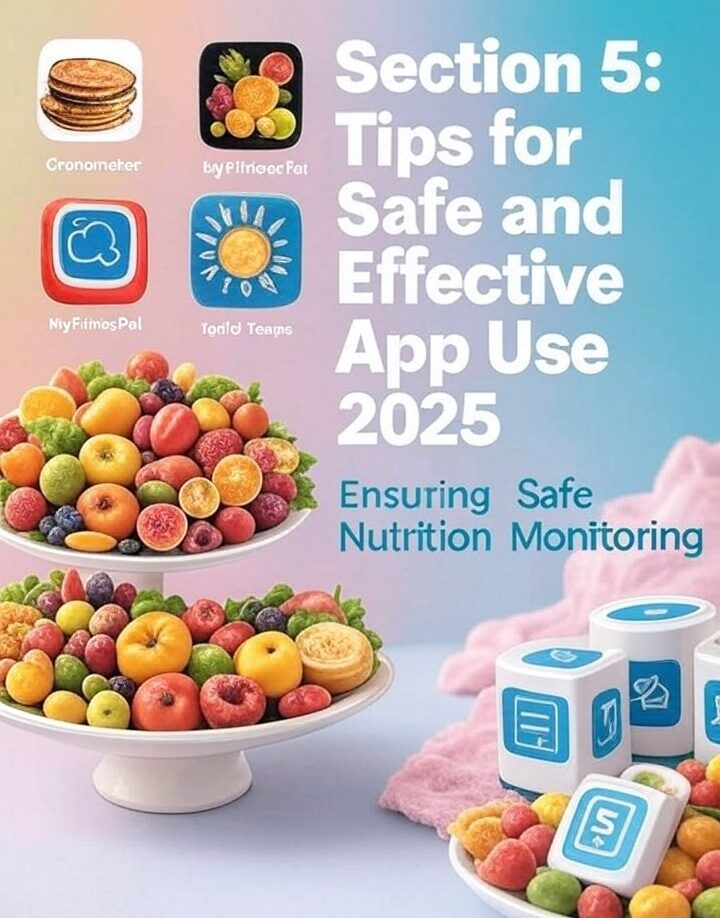Picture a parent scanning their child’s plate, wondering if it’s enough to fuel growth, especially with picky eating or dietary restrictions. In 2025, supplements in pediatric nutrition are gaining traction as families seek to bridge nutrient gaps. A 2024 American Academy of Pediatrics report notes that up to 30% of children use supplements, underscoring the need for informed choices to support development and health.
With trends like personalized supplement plans and allergen-free options, parents have more tools than ever to ensure kids thrive (see our “Managing Food Allergies” and “Plant-Based Diets for Kids” posts for related insights). But when are supplements necessary, and how can they be used safely? This guide offers a clear roadmap on when supplements in pediatric nutrition are needed, which ones to choose, and practical steps for safe use. Empower your child’s health with supplements in pediatric nutrition—done right.

Section 1: When Are Supplements Necessary for Kids?
Supplements in pediatric nutrition can play a vital role in filling nutrient gaps, but they’re not always needed. Picky eating, common in toddlers, often limits intake of nutrients like iron or vitamin D, necessitating supplements to support growth. Restrictive diets, such as vegan or vegetarian, may lack B12 or omega-3s, requiring targeted supplementation (see our “Plant-Based Diets for Kids” post). Medical conditions like celiac disease or lactose intolerance can also create deficiencies, making supplements in pediatric nutrition essential.
Specific groups, like infants (needing vitamin D drops), teens with rapid growth, or athletes with high energy demands (link to “Nutritional Needs of Teen Athletes”), often benefit from supplements. A 2024 study in Pediatrics found 20% of U.S. children have low vitamin D levels, and iron deficiency affects 10% of adolescents. Supplements in pediatric nutrition should be used strategically, guided by a pediatrician, to address these gaps without relying on them as a dietary substitute.
Section 2: Key Supplements and Their Roles
Supplements in pediatric nutrition can bridge critical nutrient gaps when diets fall short. Here’s a guide to common supplements and their benefits for kids:
- Vitamin D: Essential for bone health and immunity, it’s often needed due to limited sun exposure, especially in winter. Fortified milk or supplements (400-600 IU daily) prevent deficiencies. A 2024 study notes 20% of kids lack adequate vitamin D, making it a key supplement in pediatric nutrition.
- Vitamin B12: Crucial for nerve function and energy, B12 is vital for vegan kids (see our “Plant-Based Diets for Kids” post). Fortified foods or supplements (2.4 mcg daily) prevent fatigue and neurological issues.
- Iron: Prevents anemia, critical for picky eaters or menstruating teens. Supplements (8-15 mg daily) or fortified cereals address the 10% deficiency rate in adolescents.
- Calcium: Supports bone growth when dairy is limited, especially in lactose-intolerant kids. Supplements (500-1,300 mg daily) or fortified plant milks ensure strong bones.
- Omega-3s: Enhance brain health and focus, sourced from fish oil or algae for plant-based diets. Supplements (250-500 mg daily) support cognitive development.
- Multivitamins: Provide broad nutrient coverage for general needs, ideal for inconsistent diets. Choose age-appropriate formulas to avoid excess.
Supplements in pediatric nutrition should complement a balanced diet, not replace it. Consult a pediatrician to tailor supplements in pediatric nutrition to your child’s needs, ensuring safe and effective use.
Section 3: Risks and Safety Concerns
While supplements in pediatric nutrition can fill nutrient gaps, they carry risks if not used carefully. Overuse Risks: Excessive intake of vitamins like vitamin A or D can lead to toxicity, causing symptoms from nausea to organ damage. A 2024 study in Pediatrics warns that megadoses are harmful, especially in children. Quality Issues: Not all supplements are equal; choosing reputable brands with USP or NSF verification ensures purity and accurate dosing. Low-quality products may contain contaminants or incorrect nutrient levels. Interactions: Supplements in pediatric nutrition can interact with medications or complicate dietary restrictions, like allergies (see our “Managing Food Allergies” post for safe options).
For example, calcium supplements may interfere with certain antibiotics. Consultation: Pediatrician guidance is critical to assess needs, avoid overdosing, and tailor supplements in pediatric nutrition to a child’s diet and health conditions. Safe use hinges on professional advice, ensuring supplements benefit without risking harm. For more guidance on safe supplement use for kids, visit the American Academy of Pediatrics’ resources on pediatric nutrition: https://www.aap.org/en/patient-care/nutrition-and-fitness/
Section 4: 5 Practical Supplement Strategies for Kids

Using supplements in pediatric nutrition safely requires thoughtful strategies to ensure kids get the right nutrients without risks. Here are five practical approaches:
- Pediatrician Consultation: Before starting supplements in pediatric nutrition, consult a pediatrician to assess your child’s needs based on diet, age, and health conditions. This ensures tailored choices, like vitamin D for infants or iron for teens, avoiding unnecessary or excessive use.
- Age-Appropriate Forms: Choose kid-friendly formats like gummies for younger children or chewables for teens to encourage compliance. Liquids work well for infants. Ensure doses match age-specific guidelines to make supplements in pediatric nutrition safe and effective.
- Routine Integration: Pair supplements with meals, like giving a multivitamin at breakfast, to build consistency and improve absorption (e.g., fat-soluble vitamins with food). This habit simplifies incorporating supplements in pediatric nutrition into daily life.
- Allergen-Free Options: Select supplements free of common allergens like dairy, nuts, or gluten, especially for kids with sensitivities (see our “Managing Food Allergies” post for tips). Check labels to avoid reactions and ensure safety.
- Track Intake: Use apps like Cronometer to monitor supplement doses and nutrient intake, preventing overuse and ensuring balance (see our “Using Technology to Track and Improve Your Child’s Diet” post). Tracking supports precise use of supplements in pediatric nutrition.
These strategies, guided by professional advice, make supplements a safe, effective tool for kids’ health, tailored to their unique needs.
Section 5: Tips for Choosing and Administering Supplements

Choosing and administering supplements in pediatric nutrition safely ensures kids benefit without risks. Quality Brands: Select supplements with third-party testing, like NSF or USP verification, to guarantee purity and accurate labeling. This minimizes contaminants and ensures reliability. Dosage Accuracy: Follow pediatrician recommendations or label guidelines to avoid under- or overdosing. For example, vitamin D doses vary by age (400-600 IU daily).
Kid-Friendly Options: Opt for tasty formats like chewables or flavored gummies to make supplements in pediatric nutrition appealing, increasing compliance for picky kids. Storage Safety: Keep supplements in locked cabinets or high shelves, out of children’s reach, to prevent accidental overdoses, especially with appealing gummy formats. Monitoring: Watch for side effects like nausea or rashes, and consult a pediatrician to adjust doses if needed. Regular check-ins ensure supplements in pediatric nutrition align with your child’s evolving needs. These tips, paired with professional guidance, make supplementation safe and effective for kids.
Conclusion
Supplements in pediatric nutrition can bridge nutrient gaps for picky eaters, vegan kids, or athletes, supporting growth, bone health, and energy when diets fall short. Benefits include addressing deficiencies like vitamin D or iron, but safe use is critical to avoid risks like toxicity. In 2025, personalized supplement plans and tech tools like Cronometer make managing supplements in pediatric nutrition easier and more precise.
Consult a pediatrician to tailor supplements to your child’s needs, and try a strategy like routine integration this week for consistency. Explore our series for more, such as “Plant-Based Diets for Kids” for vegan nutrition or “Nutritional Needs of Teen Athletes” for active teens. Use supplements in pediatric nutrition wisely to boost your child’s health—what’s your next step for safe supplementation? Share below



